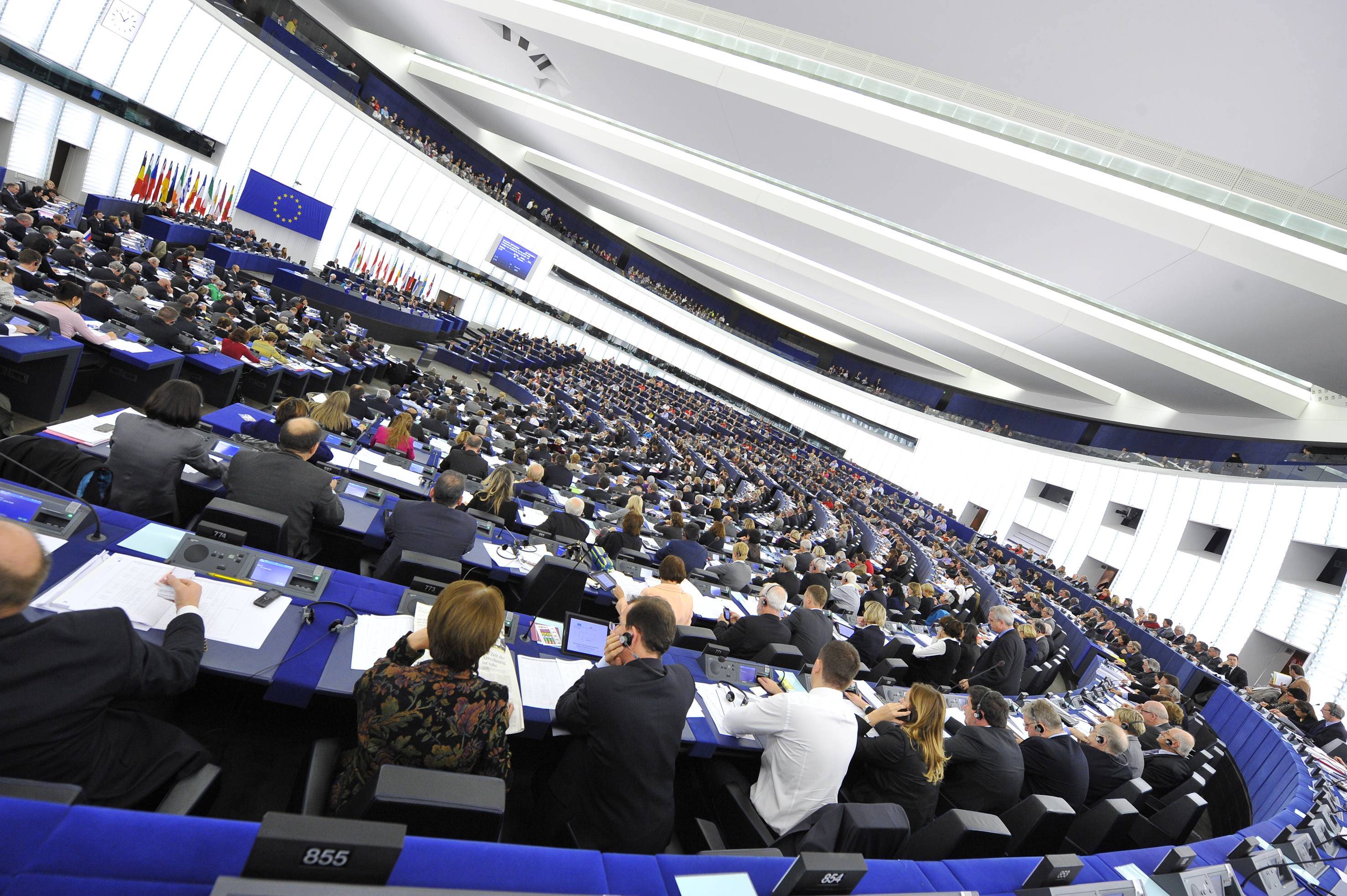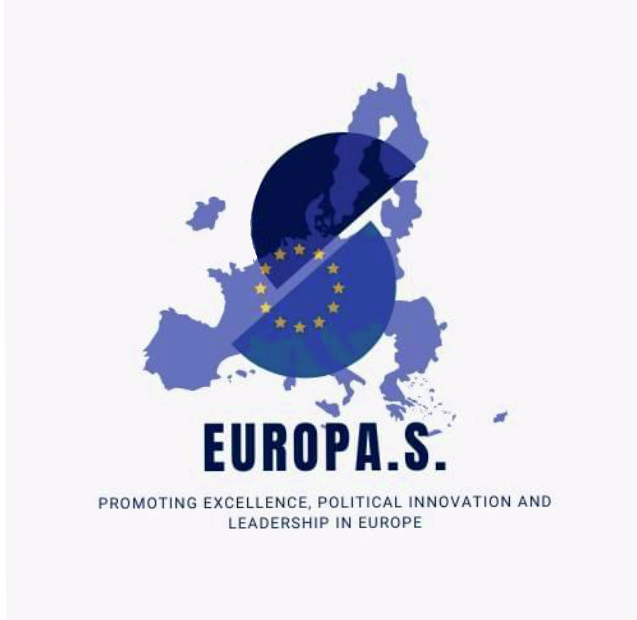EUropa.S. 2017 Study Guides

EUropa.S. 2017 Study Guides are available below each Institution’ topic reference.
European Council: “Strengthening the EU’s counter-terrorism strategy: improvement of the efficiency of the new EU Global Strategy on Foreign and Security Policy.”
EC Study Guide is available here.
Council of EU – ECOFIN: “Re-discussing the potential of the EU bilateral trade agreements (TTIP, CETA) in the Brexit aftermath.”
CoEU Study Guide is available here.
European Parliament
AFET Committee: “Tightening the screws: Rebuilding the EU – Russia relations.”
AFET Study Guide is available here.
DROI Committee: ‘“L’ integration de refugiés en Europe: l’ aspect de la laïcité et de la défense des droits de l’Homme sur la base de la Charte des Droits fondamentaux de l’Union européenne.”
DROI Study Guide is available here.
INTA Committee: “Review of the implementation of the European Union’s trade defense policy: anti-dumping and anti-subsidy.”
INTA Study Guide is available here.
ITRE Committee: “Energy efficiency: Measures to safeguard the gas supply in the EU context.”
ITRE Study Guide is available here.
European Court of Justice: Case review
A French telecommunications’ company has been operating for many years in the French telecommunications’ market, firstly as a state company until its privatization. The French government remained a significant shareholder (49%) and the company continued to operate normally, till the appearance of a German competitive company, which, thanks to its attractive offers and packages, managed to be established on the French market, threatening the French company, which, and due to prior imprudent management, reached the brink of bankruptcy. The French government, in order to support it, granted the French company a loan with a fixed interest rate, long repayment time and a strictly defined restoration plan. Furthermore, the French Government’s decided to grant licenses of operation of telecommunication services to a total of only five companies, regardless of their origin, with specific criteria. Nonetheless, already many telecommunications companies of other Member States were operating or planning to expand their operation in the French market.
Finally the case appeared before the Grand Chamber of the European Court of Justice, which has to answer to the following issues:
(a) Whether this loan falls under the term of “state aid” prohibited by Article 107 TFEU or not.
(b) Whether the “numerous clausus” of operators constitutes a violation of Article 56 TFEU on the freedom to provide services within the internal market.
(c) Whether the incorporation into the French law of the maximum harmonization directives relating to the protection of consumer rights and their “de facto” implementation, granted that the above generated system of only 5 telecom-operators led to the establishment of “cartel practices” resulted in the rise of the values in correspondence to the offered services.
ECJ Study Guide is available here.
Find your position in EUropa.S. 2017 and apply now!
